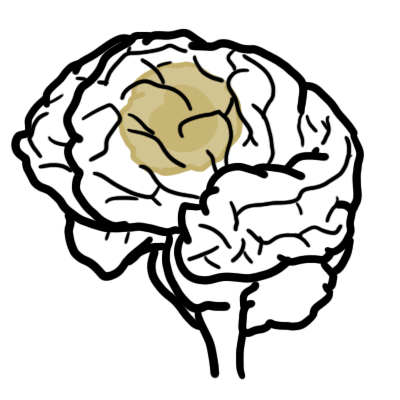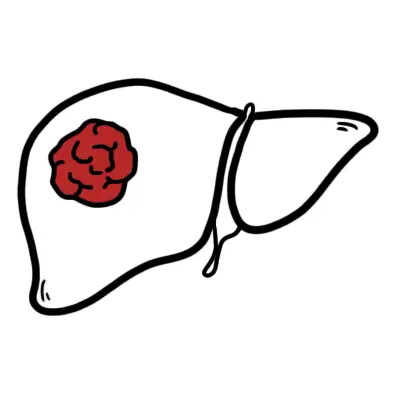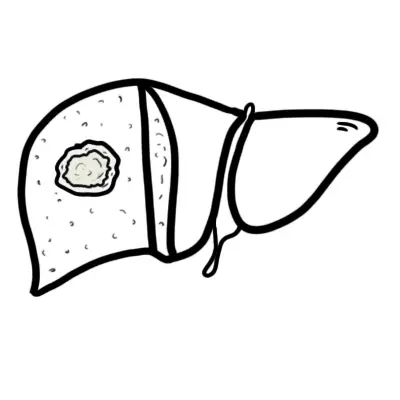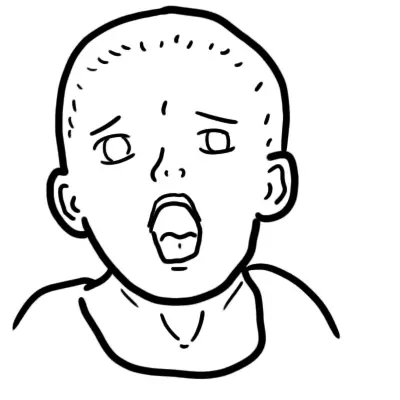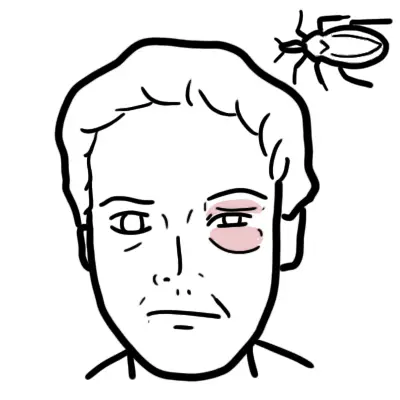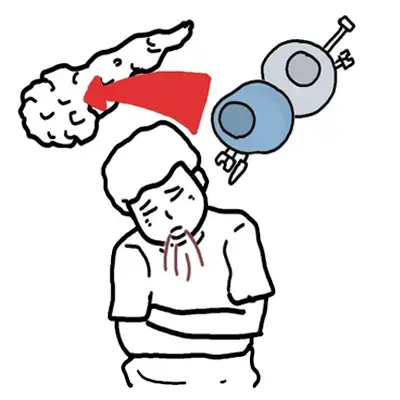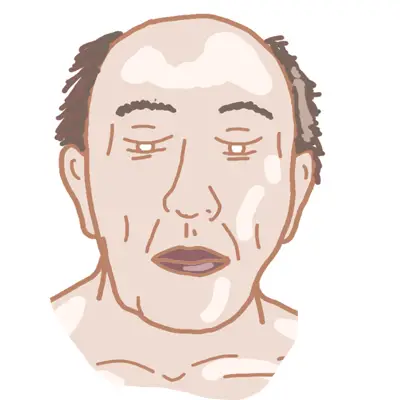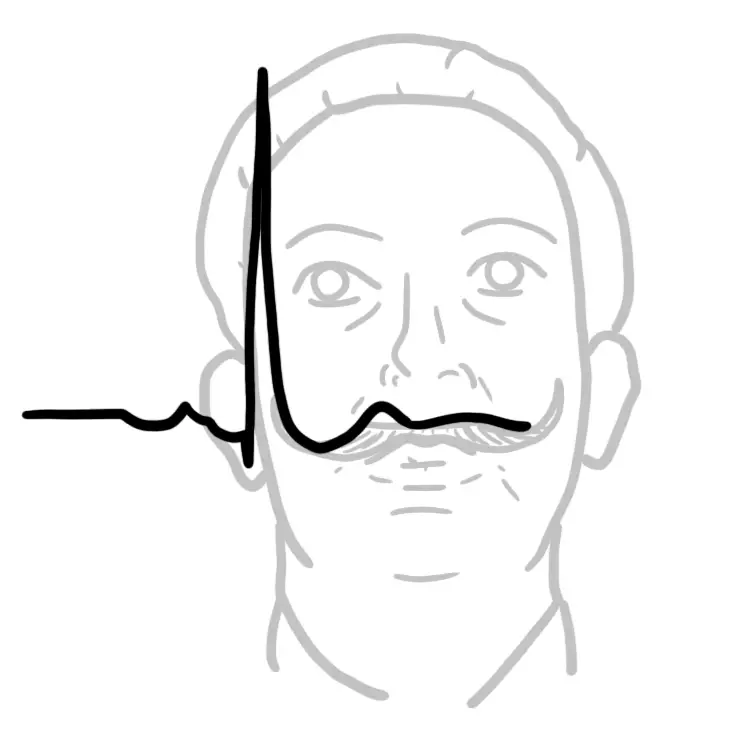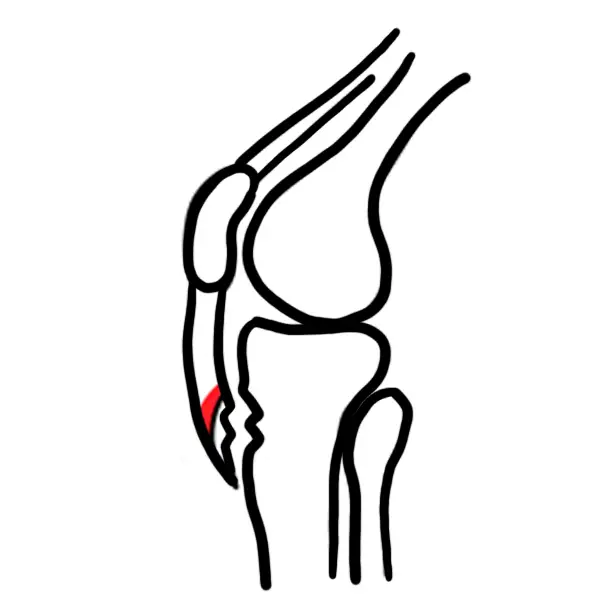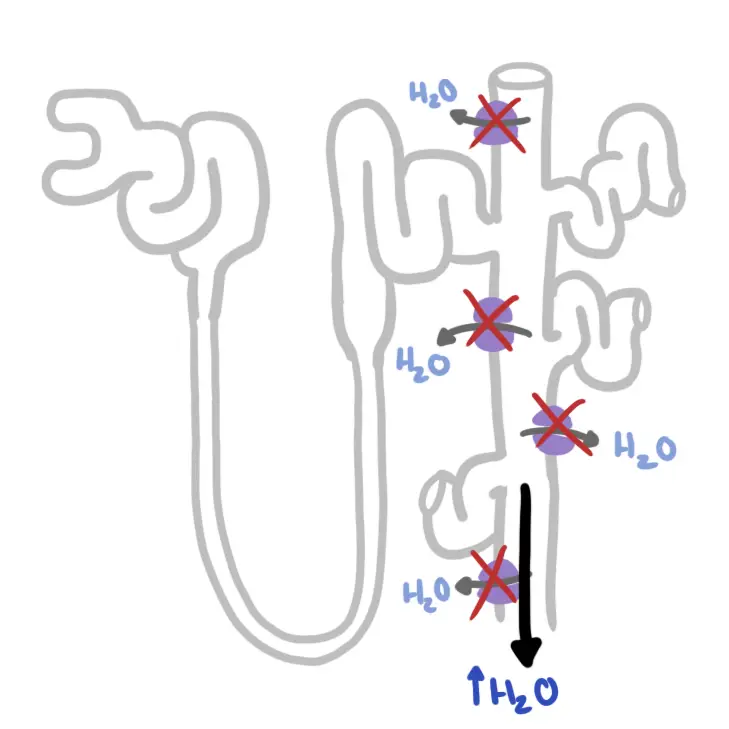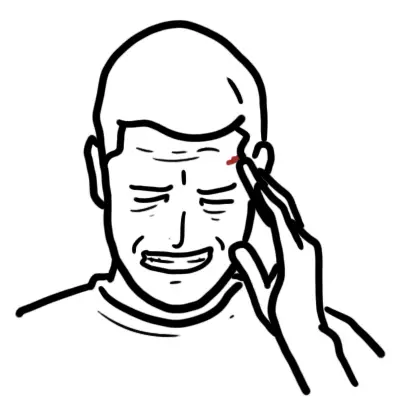Notes »
disease
Brain Tumour
Overview
| Definition Brain tumours: refers to a mixed group of neoplasms originating from intracranial tissues and the meninges with degrees of malignancy ranging from benign to aggressive. |
Classification
| WHO Classification of Primary Brain Tumors |
| Neuroepithelial tumors |
| Astrocytic tumors |
| Oligodendroglial tumors |
| Oligoastrocytic tumors |
| Ependymal tumors |
| Choroid plexus tumors |
| Neuronal and mixed neuronal-glial tumors |
| Pineal tumors |
| Embryonal tumors |
| Tumours of cranial and paraspinal nerves |
| Schwannoma |
| Neurofibroma |
| Perineurioma |
| Malignant peripheral nerve sheath tumor |
| Tumours of the meninges |
| Meningioma |
| Lymphomas and hematopoietic neoplasms |
Common Brain Tumour in children
- Pilocytic astrocytomas
- Ependymoma
- Medulloblastoma
Common Brain Tumours in adults
- Diffuse astrocytic tumours
- Oligodendrogliomas
- Meningiomas
Benign vs. Malignant
PRIMARY MALIGNANT INTRACRANIAL TUMOURS
| Histological type | Common site | Age |
| Glioma (astrocytoma) | Cerebral hemisphere Cerebellum Brain stem | Adulthood Childhood/adulthood Childhood/young adulthood |
| Oligodendroglioma | Cerebral hemisphere | Adulthood |
| Medulloblastoma | Posterior fossa | Childhood |
| Ependymoma | Posterior fossa | Childhood/adolescence |
| Cerebral lymphoma (microglioma) | Cerebral hemisphere | Adulthood |
PRIMARY BENIGN INTRACRANIAL TUMOURS
| Histological type | Common site | Age |
| Meningioma | Cortical dura Parasagittal Sphenoid ridge Suprasellar Olfactory groove | Adulthood |
| Neurofibroma | Acoustic neuroma | Adulthood |
| Craniopharyngioma | Suprasellar | Childhood/adolescence |
| Pituitary adenoma | Pituitary fossa | Adulthood |
| Colloid cyst | Third ventricle | Any age |
| Pineal tumours | Quadrigeminal cistern | Childhood (teratomas) Young adulthood (germ cell) |
Risk Factors
Signs and Symptoms
| Remember Seizures are the presenting symptom in 25% of tumours. |
Common Signs and Symptoms
- Headache
- Memory loss
- Cognitive changes
- Motor deficit
- Language deficit
- Seizures
- Personality change
- Visual problems
- Changes in consciousness
- Nausea or vomiting
- Sensory deficit
- Papilledema
Differential Diagnosis
- Infection (pyogenic abscess, tuberculoma, parasitic cysts)
- Vascular lesion (haematoma, infarct with oedema and peripheral luxury perfusion, AVM, giant aneurysm).
- Traumatic haematoma
- Inflammatory lesion
Investigations and Diagnosis
- CT
- MRI
- Cerebral angiogram
Remember Earlier diagnosis of brain tumours in children and young adults improves long term outcomes.

